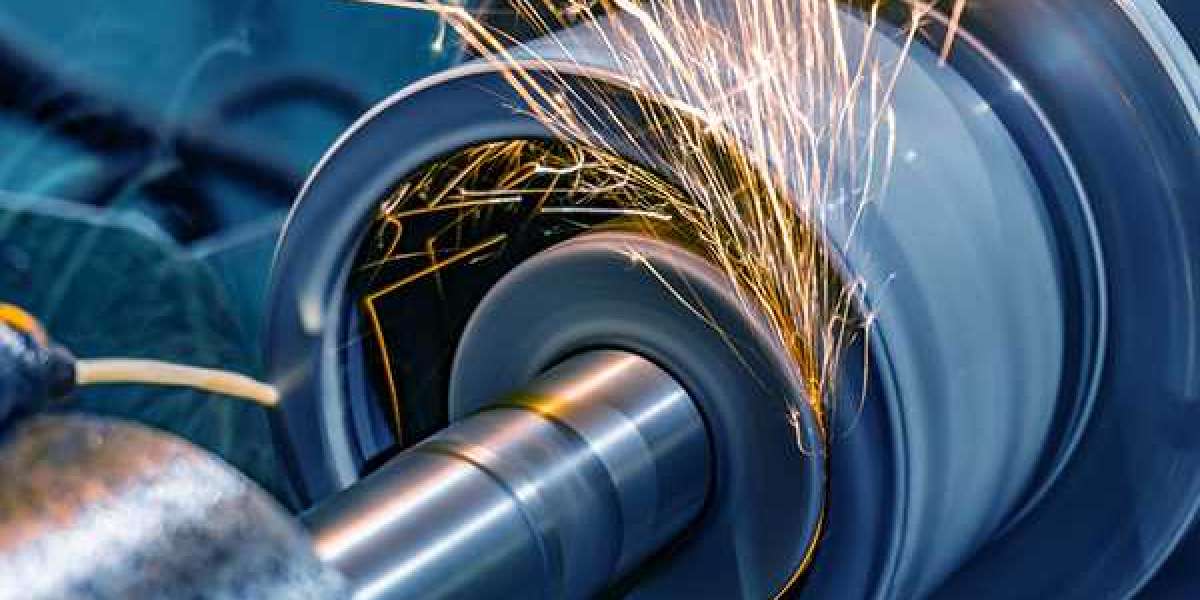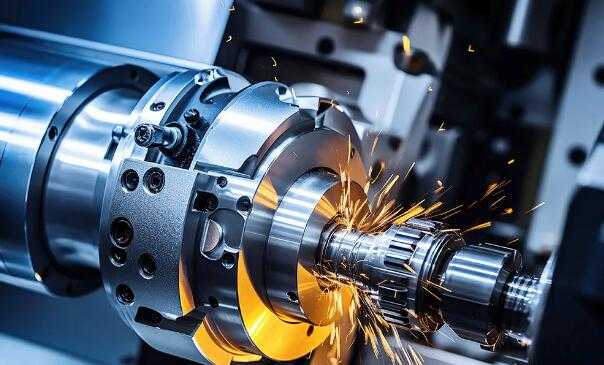Precision grinding plays a key role in the production of high-quality parts with tight tolerances. As a subset of precision machining, it ensures parts meet stringent quality standards in industries like automotive, aerospace, and medical.
Understanding Precision Grinding: The process uses an abrasive wheel to grind down materials to exact measurements. This high level of precision makes it ideal for producing components such as gears, shafts, and bearings, where exactness is critical.
Types of Precision Grinding: There are several methods of precision grinding, including surface grinding for flat surfaces, cylindrical grinding for round parts, and internal grinding for holes. The choice of technique depends on the component’s shape and the required finish.
Key Benefits: Precision grinding delivers excellent surface finishes and achieves precise dimensions, ensuring parts fit and function correctly. It also helps eliminate imperfections like burrs and rough edges, contributing to the overall quality and durability of the component.
Applications Across Industries: This process is widely used in industries that require high-performance parts. For instance, aerospace manufacturers rely on precision grinding for components that must endure extreme conditions, while automotive engineers use it for precision-engineered components.
Whether you're looking to enhance the performance of your products or ensure high-quality manufacturing standards, precision grinding is an essential technique in modern machining. Choosing the right precision grinding services can elevate the quality and reliability of your parts.









